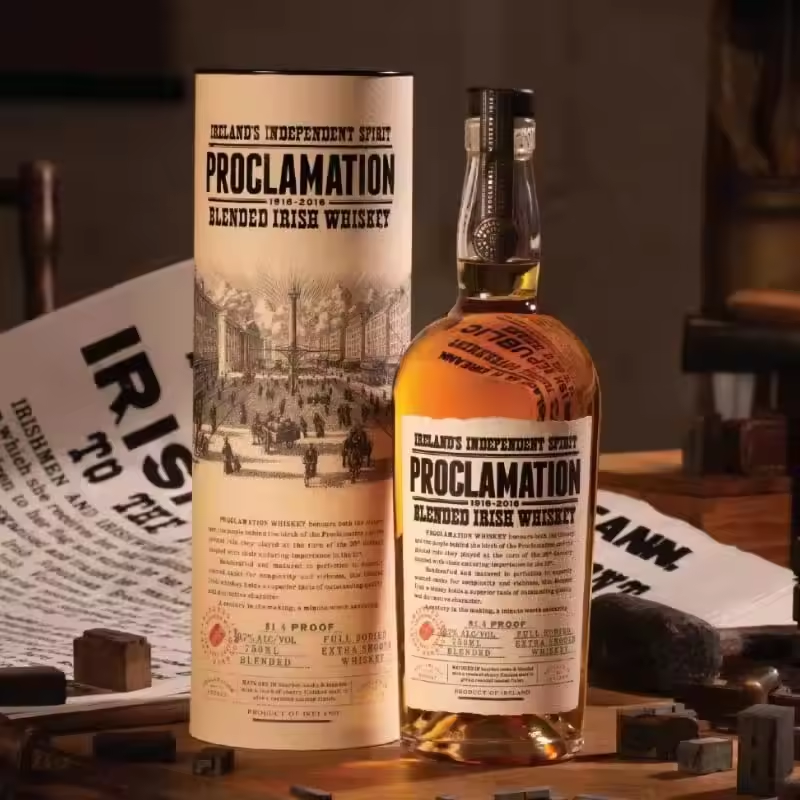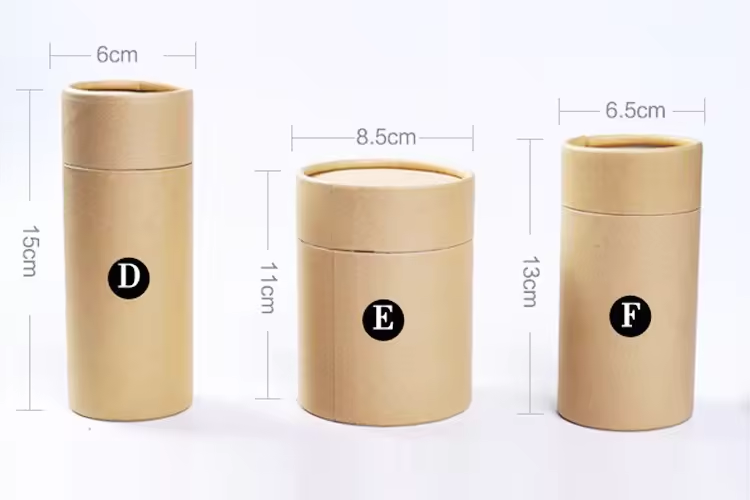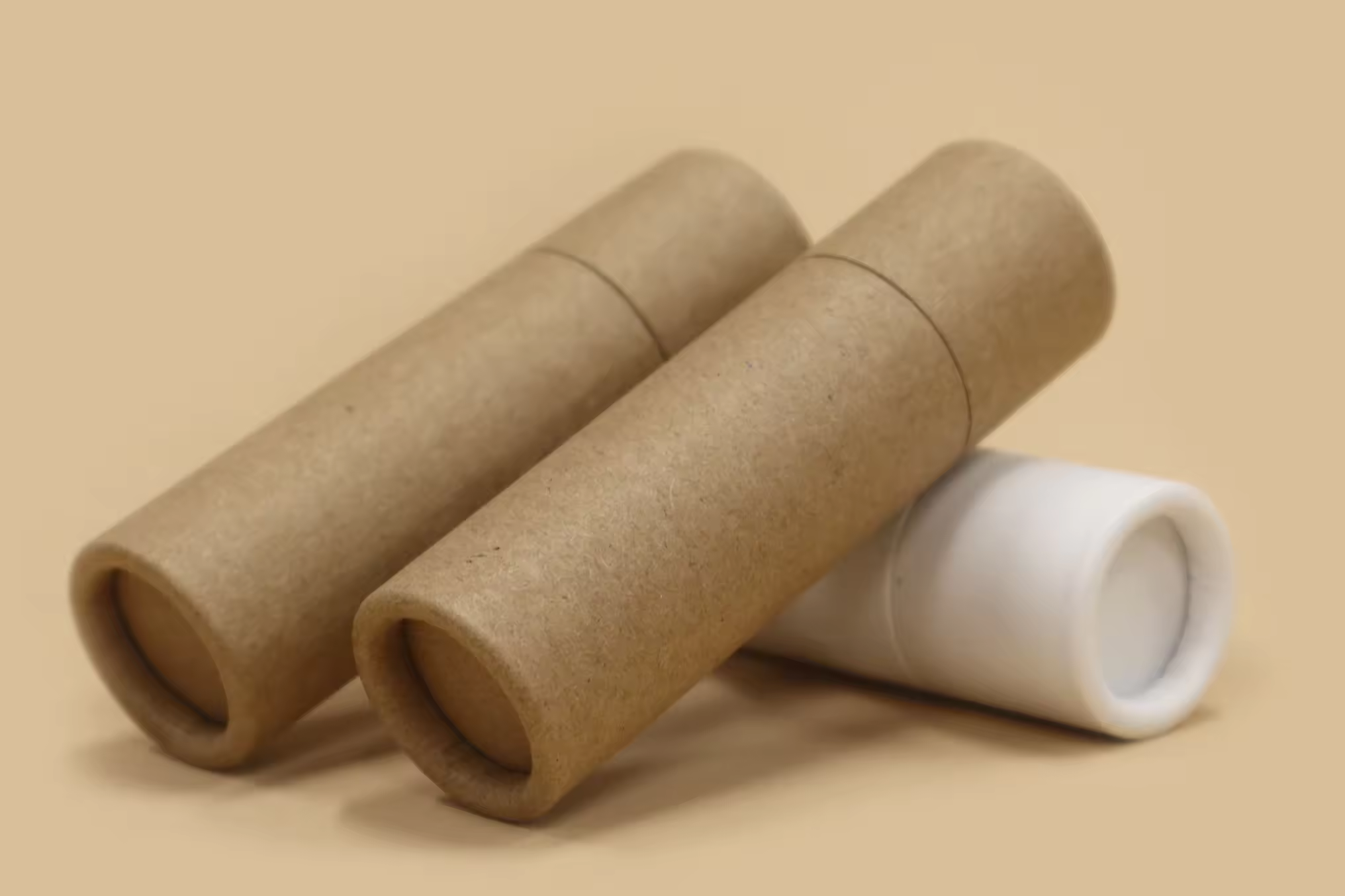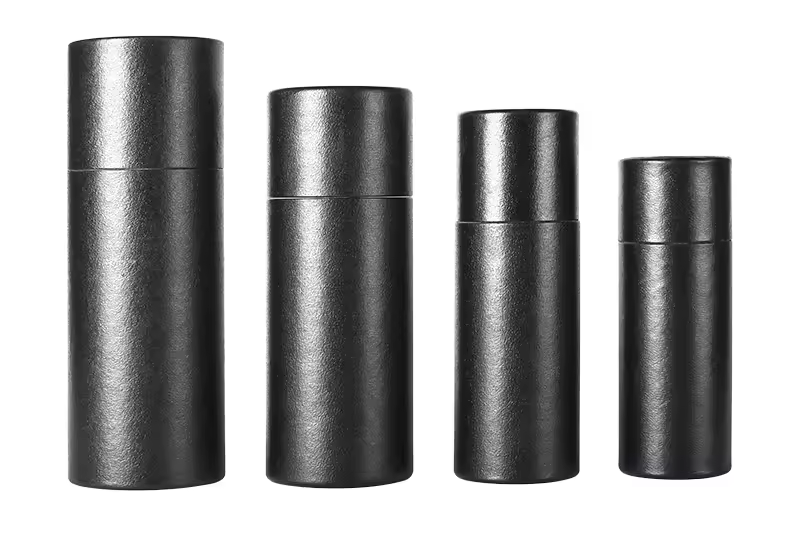
Get In Touch
- [email protected]
- +86 173 180 77353
-
Yantian Port, Yantian District, Shenzhen, Guangdong Province
Postal code: 518085
As businesses and consumers alike prioritize eco-friendly options, understanding the dynamics of competitive pricing in this sector becomes crucial. This article explores the factors influencing pricing in paper tube manufacturing and what businesses can expect in the current market landscape.

. Raw Material Costs: The primary component of paper tubes is paperboard, which is derived from wood pulp. Fluctuations in the cost of raw materials, including wood pulp and chemicals, directly impact the pricing of paper tubes. Recent trends indicate that prices for pulp have surged by 30 to 40 percent, leading to an increase in the overall cost of paper products, including packaging materials.
2. Energy and Production Costs: The manufacturing process for paper tubes is energy-intensive. Rising energy costs, driven by geopolitical events and inflation, have made production more expensive. Manufacturers often pass these costs onto consumers, resulting in higher prices for paper tubes . Additionally, compliance with environmental regulations can add further costs to the production process, influencing pricing strategies .
3. Supply Chain Dynamics: The paper industry has faced significant supply chain disruptions, particularly during and after the pandemic. Reduced production capacity at major mills and challenges in logistics, such as rising freight costs and driver shortages, have contributed to increased prices . As manufacturers struggle to meet demand, competitive pricing becomes more challenging.
The competitive landscape in paper tube manufacturing is characterized by a mix of established players and new entrants. Companies often compete on price, quality, and customization options. For instance, manufacturers like Ace Paper Tube and Jonesville Paper Tube Corporation emphasize their ability to provide high-quality, customizable products at competitive prices. This focus on customization allows businesses to differentiate themselves in a crowded market, potentially justifying higher price points.
As we move further into 2024, businesses can expect continued volatility in paper tube pricing. While some manufacturers may absorb costs to maintain market share, others will likely pass on increases to consumers. The overall trend suggests that prices for paper tubes may rise by 6 to 15 percent, reflecting the ongoing challenges in raw material availability and production costs.
However, there is also a growing emphasis on sustainability, which could influence pricing strategies. Companies that prioritize eco-friendly practices and materials may find that consumers are willing to pay a premium for sustainable packaging solutions. This shift could lead to a more segmented market where pricing varies significantly based on the sustainability credentials of the products offered.


In today’s competitive market, packaging plays a crucial role in attracting customers and enhancing brand identity.

The packaging industry is undergoing a significant transformation as brands and consumers alike seek more sustainable alternatives to traditional packaging materials.

Selecting the right paper tube supplier is crucial for ensuring that your packaging meets both your product requirements and sustainability goals.

Paper tubes are increasingly recognized as a sustainable alternative to traditional plastic packaging.

In a world increasingly aware of environmental issues and the urgent need for sustainable practices, product packaging has come under scrutiny.

In today’s competitive market, packaging plays a crucial role in attracting customers and enhancing brand identity.
Didn’t find what you want?Ask our manager for help!